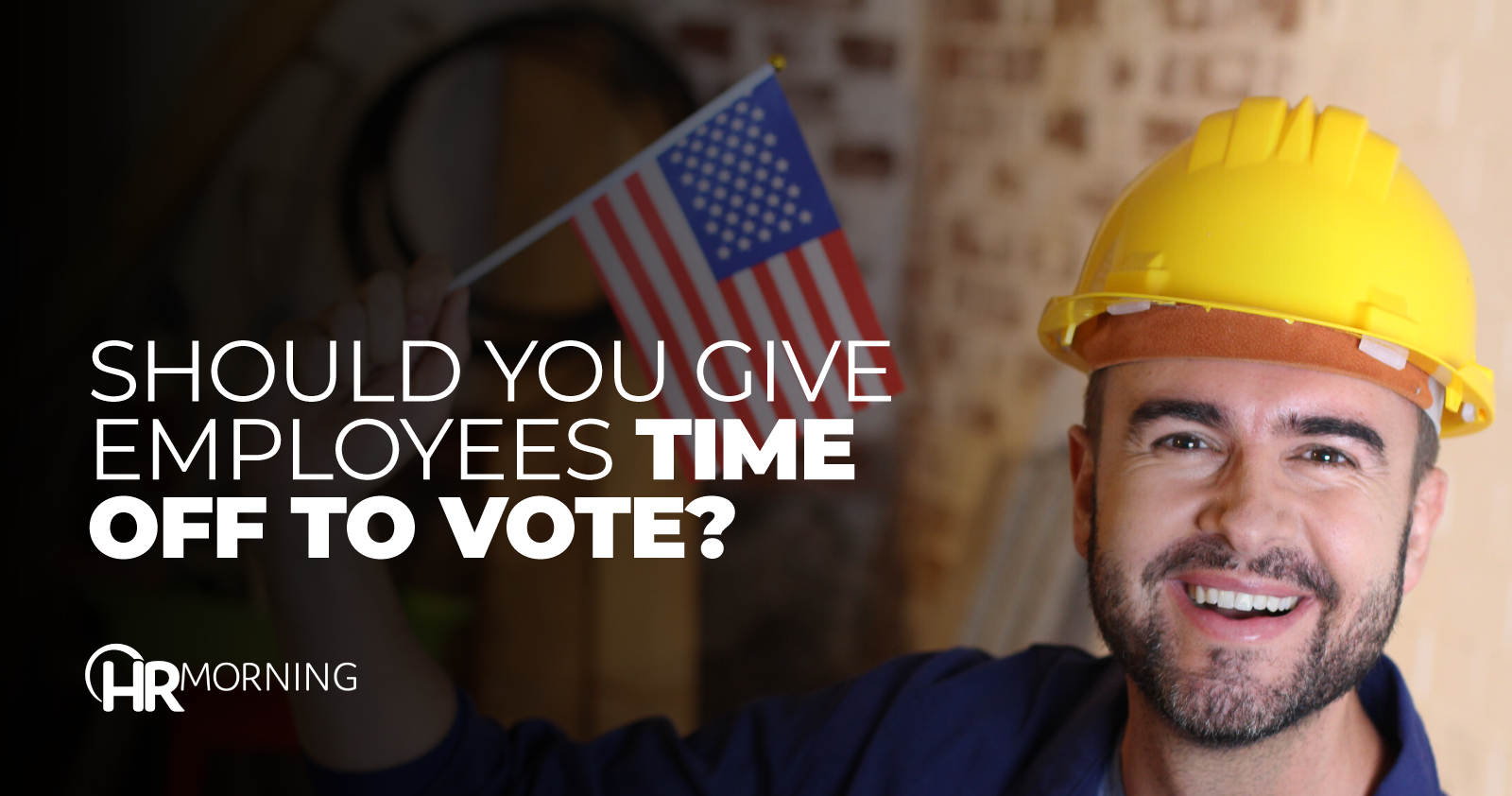Election day for the 2022 midterms is only a few weeks away and try as you may to keep politics out of the office, there are some things about this election cycle that HR needs to take into consideration. From voting benefits to handling workplace discussions, here are three things that HR should keep in mind before election day.
Allowing time off for voting
For employees who are voting in person, is your company required to give them paid time off for voting on election day? If so, how much time?
Since there is no federal law about giving employees time off to vote, the answer varies by state. Some states, like Alaska and Minnesota, allow employees to take as much time as they need. Many states allow employees to take time off to vote if they do not have a two- or three-hour period before or after their scheduled shift to do so, while others give paid or unpaid time off with a time limit of two or three hours. There are also states with no voting laws, like North Dakota and Oregon.
There are other restrictions that states have, like:
- Requiring advance notice for the time off
- Allowing employers to decide when the leave is taken, and
- Requesting that employees bring employers proof of voting.
Monitoring political activity in the workplace
As election day approaches, campaigns are in full swing, and there may be political activity going on in the workplace. If you don’t already have one, it may be a good idea to come up with a political activity policy in your employee handbook to set clear expectations.
When creating a political activity policy, speak with a legal team to understand your legal limits to impose on political activity. In your policy, it may be a good idea to address what is and isn’t allowed and supply guidance on political activities such as:
- Collecting funds for political campaigns
- Distributing campaign materials
- Encouraging involvement in partisan or non-partisan activities
- Wearing campaign buttons or other gear at work, and
- Making outgoing calls for campaign purposes.
Avoiding workplace conflict
There are many contentious races across the U.S. during the midterms, including in Pennsylvania and North Carolina. Political discussions and debates at work can be a slippery slope to heated conflict, especially around election time.
Encourage employees to keep any political talk as non-partisan as possible and avoid hot-button issues. You may also want to provide tips to employees on how to divert if another coworker tries to engage in an unwanted discussion.

